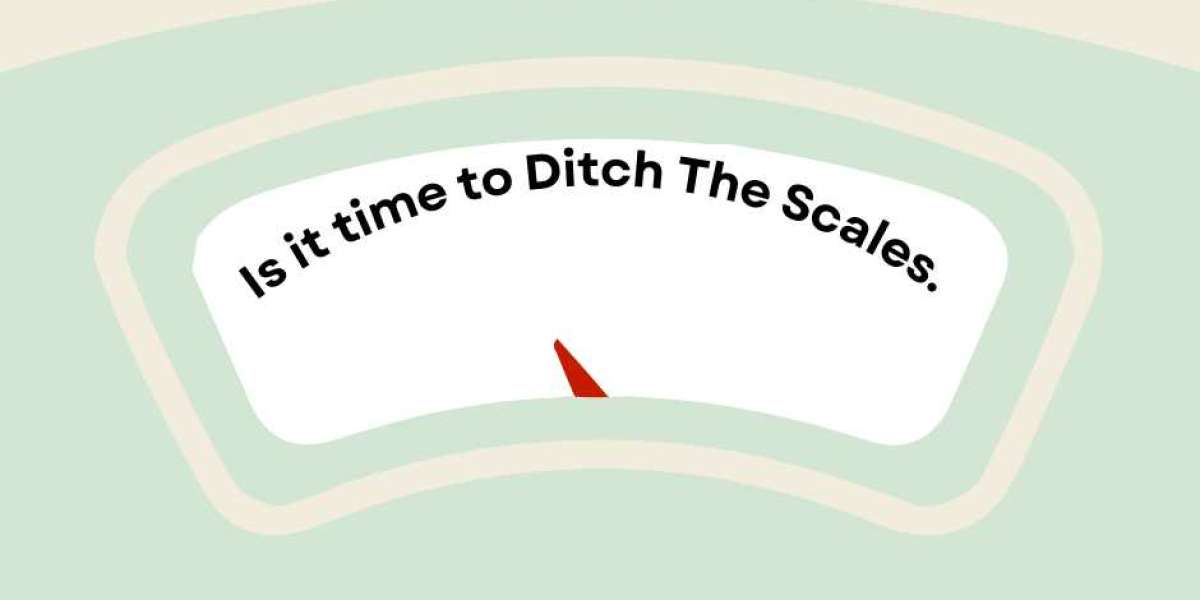Studies show that two thirds of us will re gain weight within 2 years.
I've been doing some work with my clients around why they've failed in the past in order to understand how we can approach things differently. My goal with clients is always to focus on losing weight for good, not as fast a possible. There's a huge distinction.
If you're someone who struggles to lose weight or to maintain that weight loss it makes total sense to address why that is. Let's face it, without self-reflection we will continue to do the same things and expect different results. Which is pretty daft isn't it?
One of the BIGGEST issues my clients talked about was a sense of impatience when it came to seeing results. A sense of urgency when it comes to weight loss and a feeling that,
"I'm working SO hard and want to see that number change NOW"
When we break it down this attitude can be so damaging. For one, weight is a moving target. It fluctuates day to day. It therefore makes absolutely NO sense to measure your progress against a number that you can't control.
What often happens is that we lose weight and reward ourselves or gain it and feel low in mood, a "failure" and slowly start to give up.
With every failed attempt at weight loss we can become increasingly negative which exacerbates the feeling that "we can't do it", "we shouldn't try" and "it's not worth it"
We can wake up one day feeling good and have our day "ruined" by a gain and that feeling can then leak in to our wider life. We might feel fat, lazy and useless all because we've allowed that number on the scales to have so much meaning.
You're not just a number. No one else knows (or cares) what you weigh and giving it so much power limits your ability to lose weight and keep it off for good.
The more negative you feel, the more likely you are to over eat, to binge, to give up.
BUT before you start to feel negative...
There is another way and it works!
Instead of judging yourself and placing your self worth on how much you weigh you can choose to monitor progress using a fresh approach.
You can pay attention to all forms of "success" such as;
- how much better your clothes fit
- your increased fitness
- improved mood
- more energy
- better quality sleep
- increased confidence
- being healthier and more in control
- role modelling to your kids
- being more productive
All of these huge, positive outcomes of exercise, eating well and leading a healthier lifestyle can be motivating, encouraging and actually MEAN something tangible. Whilst ever you're solely relying on your weight to gauge how you're doing and if your hard work is "paying off" you're vulnerable to fluctuations in self esteem as well as your weight itself.
I'm not saying NEVER weigh yourself again. However I am suggesting that you approach weight with logic and have a wider approach and understanding around WHY you're wanting to lose weight.
I'm guessing that "weighing X amount" isn't the REAL goal when you dig deep. In my 10 years experience as a coach I know it's more than that and it's for you to recognise and work towards.
Examples might be;
- I want to feel more attractive for my husband
- I want wear a bikini on holiday and feel good
- I want to be healthy for my kids
- I want to be able to walk without aches and pains
- I want to enjoy life more
- I want to date again
- I want have more sex
- I want to feel less anxious
We can forget about all of these reasons, these drivers, our "why's" when we discount meaningful motivators for a reliance on a number.
If you genuinely want to change your weight, AKA feel more healthy, happy and fulfilled it's worth considering what you'll do differently in order to achieve your goals.
Change almost always starts as an inside job. It's an attitude, a way of thinking not a diet and a number on the scales.
I'm a Nutritionist, Advanced Clinical Weight Loss Practitioner, PT, coach and trainee therapist.
Follow me @carlyyuecoach on FB, IG and TikTok
❤️








